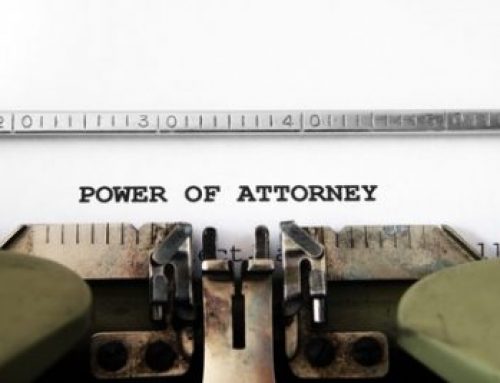 Estate planning is not just for people who own several mansions and have loads of money. Estate planning is a simple concept of planning your wealth so that it can be dealt with properly, without giving rise to disputes over the settlement of your estate after you die. It can be tailored according to an individual’s need. This article will help all those people who understand the importance of estate planning but don’t know how to create one. Here is a checklist that will help you create your estate plan.
Estate planning is not just for people who own several mansions and have loads of money. Estate planning is a simple concept of planning your wealth so that it can be dealt with properly, without giving rise to disputes over the settlement of your estate after you die. It can be tailored according to an individual’s need. This article will help all those people who understand the importance of estate planning but don’t know how to create one. Here is a checklist that will help you create your estate plan.
1. Cover All the Basics of Estate Planning
An ideal estate plan is the one that includes what needs to be done with your estate in case of your death or disability. It should carefully mention what needs to be done to minimize estate taxes, who will be responsible for taking care of your family, and who will distribute your assets after you pass away.
2. Manage Your Asset Ownership
All the assets that have title documents, like a house or car, can be passed on to another person in the event of your death. In most cases, that person is the spouse. Thus, your estate plan must mention the name of the person in whose name the ownership of your assets will automatically transfer.
3. The Last Will
Including the last will in your estate plan is important because it takes care of any property that has to be probated. Moreover, a last will and testament will allow you to name a guardian who will take care of your minor children or your children with disabilities after you pass away.
4. Power of Attorney for Financial & Medical Decisions
This gives the power to another person to act on your behalf and take care of your financial and medical decisions when you are not in the position to do so for yourself. The person you name has to be someone you trust to deal with your financial matters fairly and take sound medical decisions in case of your physical or mental disability.
6. Consider Getting a Living Will
A living will authorize a person of your liking to decide what medical treatment should be taken to improve your health when you are terminally ill and can’t speak for yourself.
7. Information for the Executor
A comprehensive estate plan must include as much relevant information for the executor as possible. This information will guide the executor to act as you had intended. You need to mention clearly all your bank accounts, credit cards, vehicle loans, insurance policies, and mortgages so that the distribution of your assets becomes easy for the executor. You can leave the contact details of your family so that they can be notified about your death. People also choose to leave the details pertaining to their burial, cremation, funeral service, and organ donation.
The Walus Law Group can create an affordable estate plan for you that can make dealing with your estate and other assets a whole lot easier in the event of your death. Contact us at 586-954-3250 today for further details.




